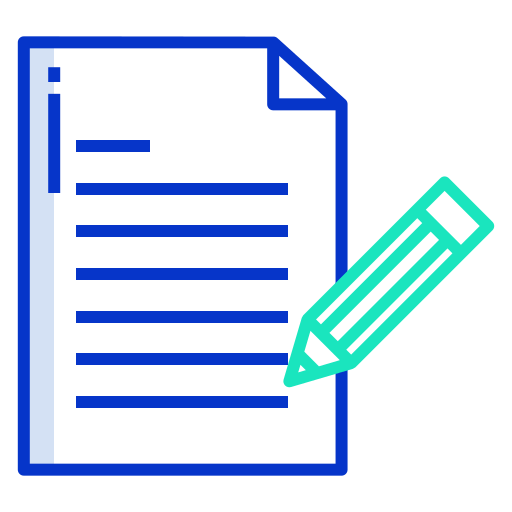Consciousness
FEAUTURED CONTENT
Mind and Neurons: Consciousness and the Brain in the 21st Century
The nature of consciousness has become a hot topic in the last fifteen years. For nearly 30 years, Larry Dossey has been exploring the outer reaches of consciousness in an important series of books, where he marshals the best research evidence indicating the need for...
The ‘Cognitive Iceberg’ Model of Sensory Awareness
Manifesto for a Post-Materialist Science
We are a group of internationally known scientists, from a variety of scientific fields (biology, neuroscience, psychology, medicine, psychiatry), who participated in an international summit on post-materialist science, spirituality and society. The summit was...
Spirit and Brain in the Emergence of the Complete Human Being on Earth
It remains controversial to this day the precise point in the evolutionary chain leading from apes to modern man at which the first men, the primeval men, came into being on earth. The main reason for this controversy derives from the inability of the evolutionists to...
Homeopathy: The therapy that dare not speak its name?
According to modern pharmacology, there can be no biochemical basis for homeopathy because substances diluted out of existence should not have any effects, let alone therapeutic ones. So to practice or partake of homeopathy is tantamount to believing that nothing has...
The Cosmological Constant
The universe owes its existence, not to reality, (of which we know precious little), but to human imagination and mathematical equations. Only through the medium of conscious observation does the universe become a bona fide representation of itself, and even then,...
Reflections on the Reception of Unconventional Claims in Science
As a sociologist of science I remain outside of the controversies surrounding unconventional claims in science. My commitment is to the judicial process within the scientific community rather than the resolution of specific debates. My general concern is to try to...
Seeking for whom the bell tolls: Exploring mind-matter interactions on a global scale
Is there a global mind? Could it be detected quantitatively? In an empirical approach to this question, over the last decade a half-dozen researchers have examined the outputs of electronic noise-based, truly random number generators (RNG) before, during and after...
Who Am I?
Who in the world am I? Ah, that’s the great puzzle! Alice, in Lewis Carroll’s Alice’s Adventures in Wonderland. Human beings can speak, and when a person refers to himself, he uses the first personal pronoun ‘I.’ But the faculty of human...



